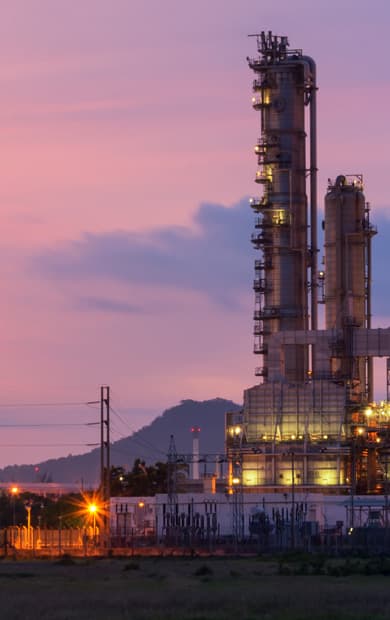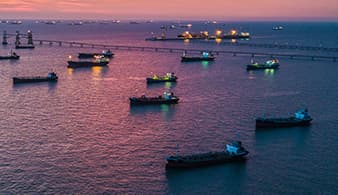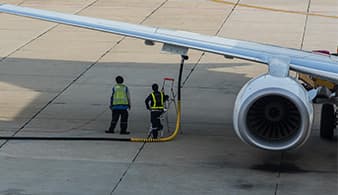Overview
Argus has been bringing price transparency to the oil industry since 1970, providing valued insight into all refined products and biofuels markets globally.
Our range of industry-leading price benchmarks, all informed by the most robust methodologies, provide a true reflection of how the markets operate and are relied upon across the value chain to facilitate global trade.
Our experts are embedded in local markets across the world and are in constant contact with market participants for the latest spot market intelligence. Their insights underpin our price assessments and market analysis, enabling our clients to make the most effective decisions for their business.
Oil products market coverage
Argus is the leading independent provider of market intelligence to the global energy and commodity markets. Our price assessments and market intelligence are available for every kind of refined oil product. Explore the coverage most relevant for your industry.
Latest oil products news
Browse the latest market moving news on the global oil products industry.
No Results Found
Spotlight content
Browse the latest thought leadership produced by our global team of experts.
Explore our oil products services
Whether you’re looking for independent spot price assessments or long-term market analysis, we have the solutions you need for the refined oil and biofuels markets. Explore the range of our services.
Key price assessments
Argus prices are recognised by the market as trusted and reliable indicators of the real market value. Explore some of our most widely used and relevant price assessments.












